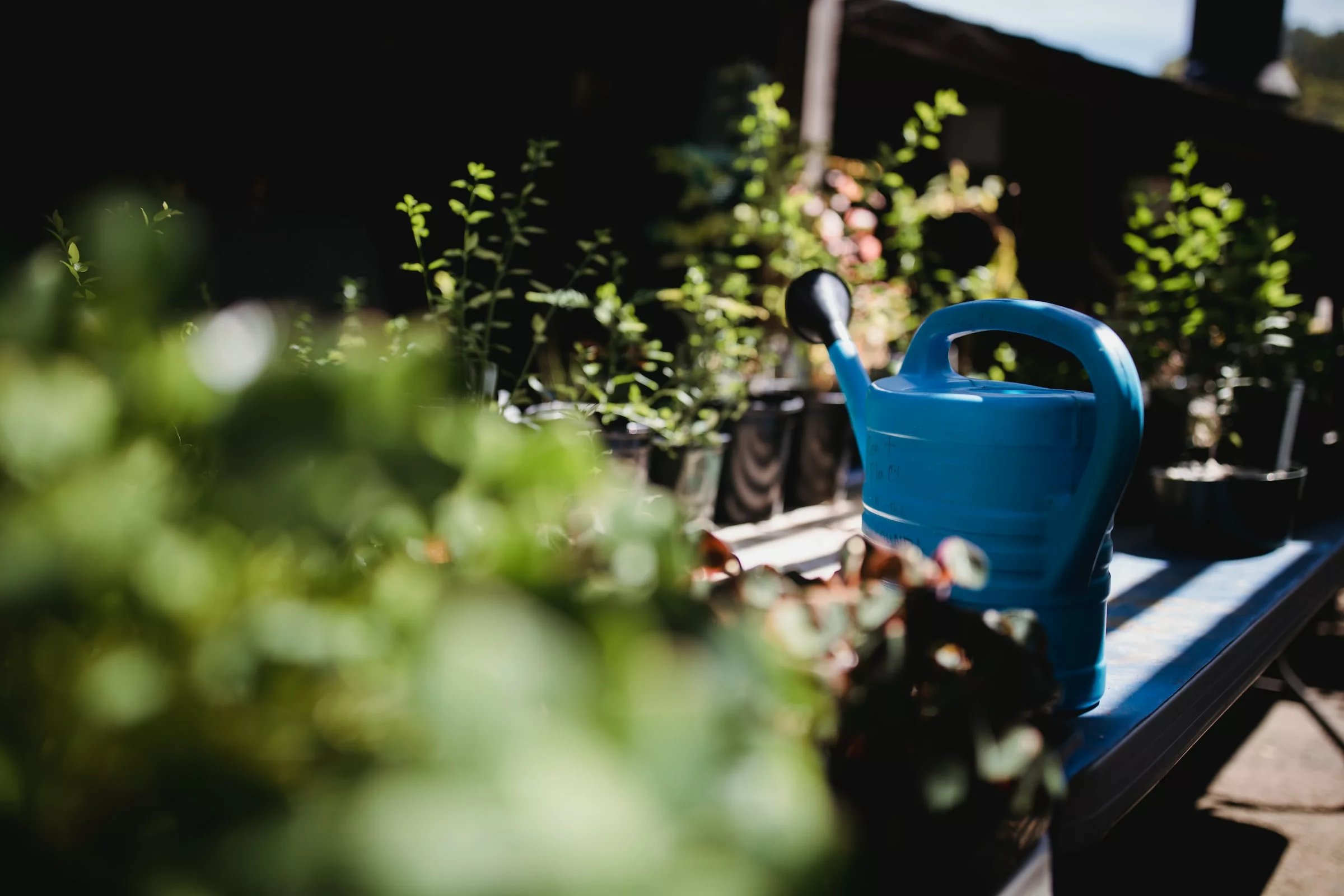When it comes to gardening, watering and soil care are two essential elements that can make or break your success. Here are some tips and techniques for watering and soil care that are easy to follow, even for beginners.
Watering Tips
The most important thing to keep in mind when watering your plants is to give them the right amount of water. Too little water can cause them to wilt and die, while too much water can drown the roots and lead to root rot. Here are some tips for watering your plants effectively:
- Water at the right time: It’s best to water your plants early in the morning or late in the afternoon when the sun is not too strong. This will give the water time to soak into the soil before it evaporates. It will also prevent a temperature shock.
- Water deeply: When you water your plants, make sure to give them enough water to soak the soil to a depth of at least 6 inches. This will encourage deep root growth and help your plants become more resilient. It is usually better to water deeply but not too often, than the opposite.
- Use a watering can or hose: A watering can or hose is the easiest way to water your plants. Try to water the soil directly, rather than the leaves, to avoid disease and fungal issues.
Soil Care Tips
Healthy soil is the foundation for healthy plants. Here are some tips for taking care of your soil:
- Add compost: Compost is a great way to add nutrients to your soil and improve its structure. You can buy compost or make your own by collecting kitchen scraps, yard waste, and other organic materials.
- Test your soil: You can buy a soil testing kit to determine the pH level of your soil. Most plants prefer a pH level between 6.0 and 7.0. If your soil is too acidic or alkaline, you can add lime or sulfur to adjust the pH level.
- Mulch your plants: Mulch is a layer of organic material that you can spread over the soil around your plants. It helps to retain moisture, suppress weeds, and regulate soil temperature.
Keep It Simple
Remember, you don’t need to do too much soil care or watering to have a successful garden. In general, all you really need is a place to grow, sun, and water. Compost is a great addition to your soil, but you can still grow plants without it. And while specific gardening tools can be helpful, you can get by with very little or by borrowing from a neighbor. The most important thing is to keep it simple and enjoy the process of growing your own food.
Join Our Gardening Newsletter for More Tips
If you enjoyed reading this, don’t hesitate to subscribe to our newsletter for a wealth of gardening knowledge and insights. Stay up-to-date on the latest gardening trends, tips, and know-how, and make your green thumb even greener.



